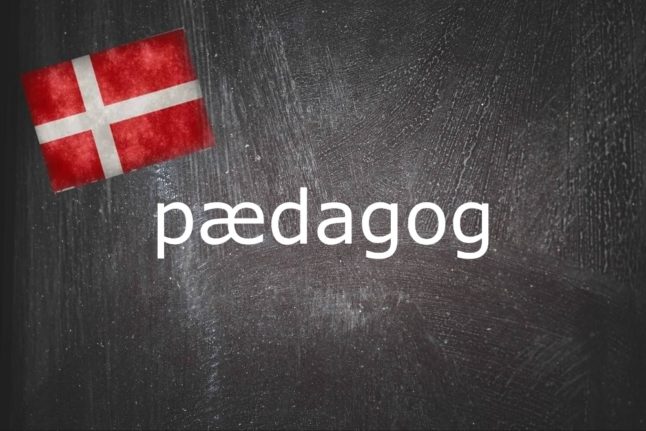What is påske?
The Danish word for Easter, påske, may well be recognisable to you if you speak another European language.
Unlike in English, but like other Danish words for festivals, months, and weekdays, it isn’t capitalised.
It’s a relative of French Pâques, Italian Pasqua, Spanish Pascua, Romanian Paşti and Dutch Pasen, to name a few.
These words all date back to the Greek word Πάσχα (Pascha), which is linked to the Hebrew word Pesach meaning “to pass over”. The word pascha was adopted by Latin as the name of the Christian holiday, which became páskar in Old Norse.
Why do I need to know påske?
Although the English name Easter has a different origin (from Ēostre, the name of a goddess linked with springtime), you will still find relatives of påsk in English dialects, including Pace in Scotland and northeastern England, and Pask in Cornish.
So now that you know where the word comes from, how to use it?
Happy Easter is god påske, and you will also find it in lots of festive compound words: påskeferien (the Easter holiday), påskeæg (Easter egg), påskefrokost (Easter lunch), and påskehare (Easter bunny).
This year, Easter falls earlier than usual with Easter Sunday on March 31st.
Examples
Fejrer du påske?
Do you celebrate Easter?
Påskeharen har lagt et påskeæg
The Easter bunny has left an Easter egg



 Please whitelist us to continue reading.
Please whitelist us to continue reading.
Member comments